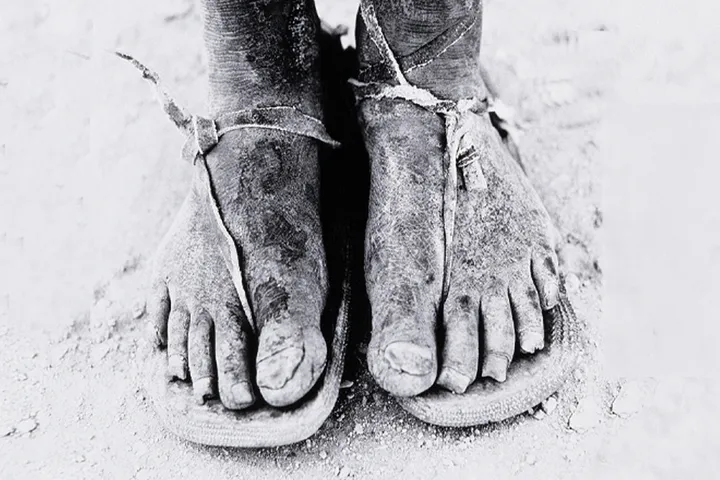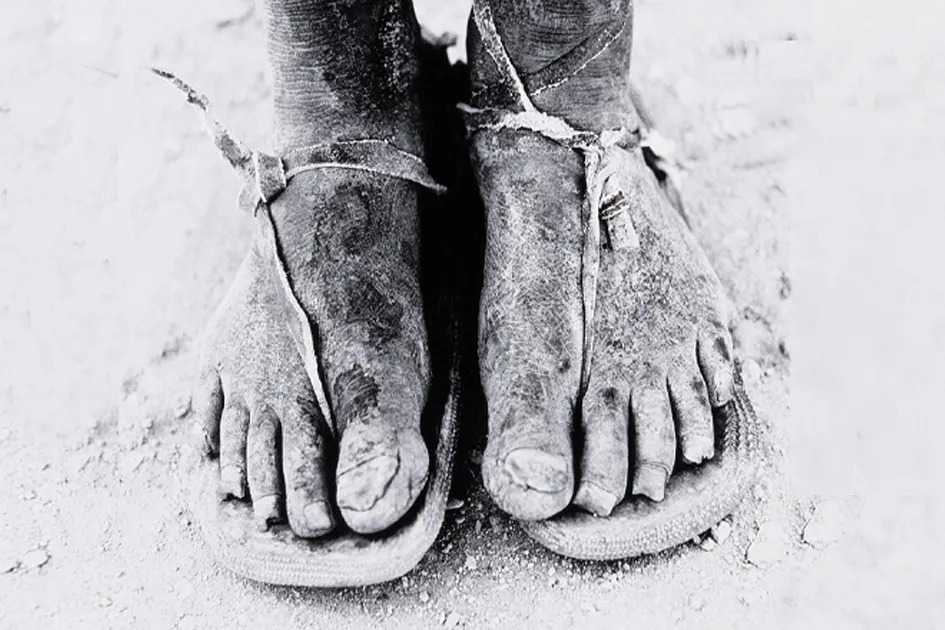This month we asked two writers to reflect on wisdom from Scripture. Jamie A. Hughes and Joseph Miller comment on a passage from Matthew 18:
At that time the disciples came to Jesus and said, “Who then is greatest in the kingdom of heaven?” And He called a child to Himself and set him among them, and said, “Truly I say to you, unless you change and become like children, you will not enter the kingdom of heaven. So whoever will humble himself like this child, he is the greatest in the kingdom of heaven. And whoever receives one such child in My name, receives Me (Matt. 18:1-5).
Take 1
by Jamie A. Hughes
When it comes to importance and value, many cultures place children at the bottom of the societal ladder. After all, a child cannot earn a wage or vote. Children cannot do the physical work adults can, nor can they be relied upon to take responsibility or lead others. Such capabilities are likely what the disciples were thinking of when they asked Jesus, “Who then is the greatest in the kingdom of heaven?” As grown men, they could labor and provide for others. They could be counted on to lead. Their good names and their successes—as well as their gender—gave them value. In their minds, these things placed them at the very pinnacle of the social order. Why wouldn’t the same be true in heaven?
But Jesus, as He so often does, flips the script. He calls a child to Himself, holds that little one close, and says, “This young one is the greatest.” We might be tempted to sit back and scoff at the disciples’ presumption, but if we’re being honest, we share their desire. We want to achieve greatness. We want others to see us as important, to envy our position. Even if we claim to hate hierarchies, they continue to matter a great deal to us.
We want others to see us as important, to envy our position. Even if we claim to hate hierarchies, they continue to matter a great deal to us.
According to Harold J. Leavitt, the Kilpatrick Professor Emeritus of the Graduate School of Business at Stanford University, “Hierarchies provide clear markers that let us know how far and fast we are climbing the ladder of success … We want to be evaluated, and hierarchies offer us report cards … They give us an identity.”
In short, a hierarchy is something we can ascend through our own efforts. With the proper amount of discipline, grit, and determination, that high rank we so crave is ours for the taking. There’s no need for God’s help at all. And that’s why Jesus makes it very clear that human hierarchy has no place in the kingdom of heaven. He takes the weakest member of their culture and says, “Humble yourselves. Consider yourselves of no account. Cast aside every measuring stick you’ve ever used and let go of the need to be top dog. Then and only then will you truly be great.”
Take 2
by Joseph Miller
I remember our first day back to the office late in the COVID-19 pandemic. Tasks on a whiteboard long-since complete. Stacks of devotional magazines collecting dust. And more personally, photos of my children taken a few years prior. I was struck by how tiny our kids once were. For two years I had spent much more time around them, working from home, watching my wife juggle months of virtual learning. Seeing those snapshots of their younger, more tender and vulnerable selves reminded me that—though they’ve grown—they’re still precious little people in need of love, protection, and guidance.
When Jesus called His disciples to “become like children,” maybe He wanted them to recognize their dependence on God. In the natural progression of things, becoming an adult entails making decisions that were once made for you. But Jesus seemed to be saying, “To move forward you have to move back.” The key is in the phrase “whoever will humble himself” (v. 4). We have to choose to place ourselves, once again, in the position we all held as children. And the way to do that is through humility.
We have to choose to place ourselves, once again, in the position we all held as children. And the way to do that is through humility.
When you’re a child, you need plenty of support to thrive. Factoring in both fundamental physical needs and less tangible ones, like love and security, you have to admit: Little kids are pretty helpless. And they’re generally more trusting than adults. Children have had fewer opportunities to feel let down and become jaded or skeptical. Sometimes I’m surprised by my own young children’s ability to simply believe what I tell them because they know I love them and they trust me. This is what Jesus calls His disciples to do—acknowledge your dependence on God and trust Him to provide. This is how we enter the kingdom of heaven.






